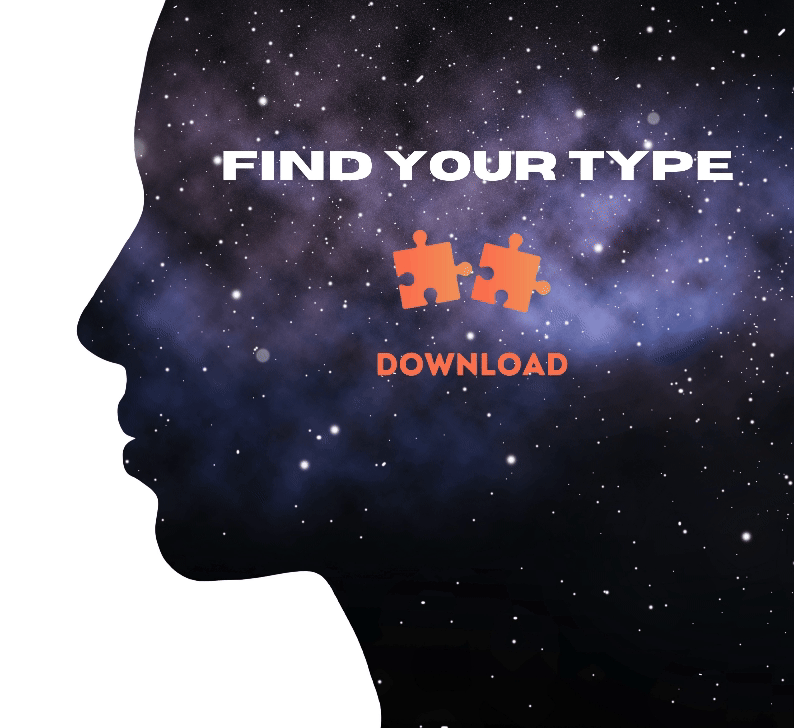Personality Type of Ender
Personality Type of Ender
Character Description:
Ender Wiggin, the protagonist of Orson Scott Card's Ender's Game, is a brilliant and introspective young strategist whose tactical genius and moral dilemmas define his character. He is a classic example of the INTJ (Introverted, Intuitive, Thinking, Judging) personality type, marked by a focus on logic, strategy, and long-term planning. INTJs are known as "Architects" for their ability to design grand schemes and structures, whether in the world of ideas or in action. Ender displays these traits, along with a deep internal world and a profound sense of responsibility to protect humanity, even at great personal cost.
Strengths:
Strategic Thinking: As an INTJ, Ender excels in strategic thinking and problem-solving. He is able to anticipate others’ moves and devise plans that others may not see. His ability to think several steps ahead and analyze complex situations allows him to excel in military tactics and leadership, even at a young age.
Independence and Self-Reliance: Ender is highly independent, preferring to trust his own judgment rather than rely on others. This trait helps him thrive in isolation during his time at Battle School, where he must learn to navigate a highly competitive and often isolating environment.
Visionary and Innovative: Like many INTJs, Ender is a visionary. His ability to perceive not just the immediate problem but the larger picture allows him to solve problems in ways others cannot. His final solution to the war with the alien race demonstrates his ability to think beyond conventional boundaries.
Resilience and Determination: Ender’s inner strength allows him to persevere through extreme challenges. Even when faced with manipulation, isolation, and overwhelming pressure, he remains determined to achieve his goal, no matter the personal cost.
Challenges:
Emotional Detachment: As an INTJ, Ender often struggles with emotional detachment. His logical nature can cause him to distance himself from others, leading to misunderstandings in relationships. This emotional reserve makes it difficult for him to connect with his peers, especially when they require more empathy and support.
Perfectionism: INTJs are often perfectionists, and Ender is no exception. His high standards for himself and others can lead to frustration and feelings of inadequacy when things don’t go as planned. This perfectionism, combined with the immense pressure placed on him, creates internal conflict.
Isolation: Ender’s strong independence can sometimes result in isolation. His intense focus on his mission and his distrust of others make it difficult for him to form close bonds, which isolates him emotionally from those around him.
Guilt and Regret: Ender is driven by a deep sense of responsibility, which ultimately leads him to feel intense guilt and regret for the consequences of his actions, particularly when he realizes that his final strategy in the war led to unintended destruction.
Conclusion:
Ender Wiggin embodies the INTJ personality type, with his strategic mind, independence, and visionary thinking. While he is capable of brilliance and innovation, his emotional detachment and perfectionism often create personal and relational challenges. His journey is one of self-discovery, learning to reconcile his intellect with his emotions, and understanding the consequences of his decisions. Ender’s story is a testament to the complexity of the INTJ personality, marked by brilliance, but also a deep internal struggle.
Enjoyed this? Check out: Personality Type of Raheem Sterling
.
.
.
